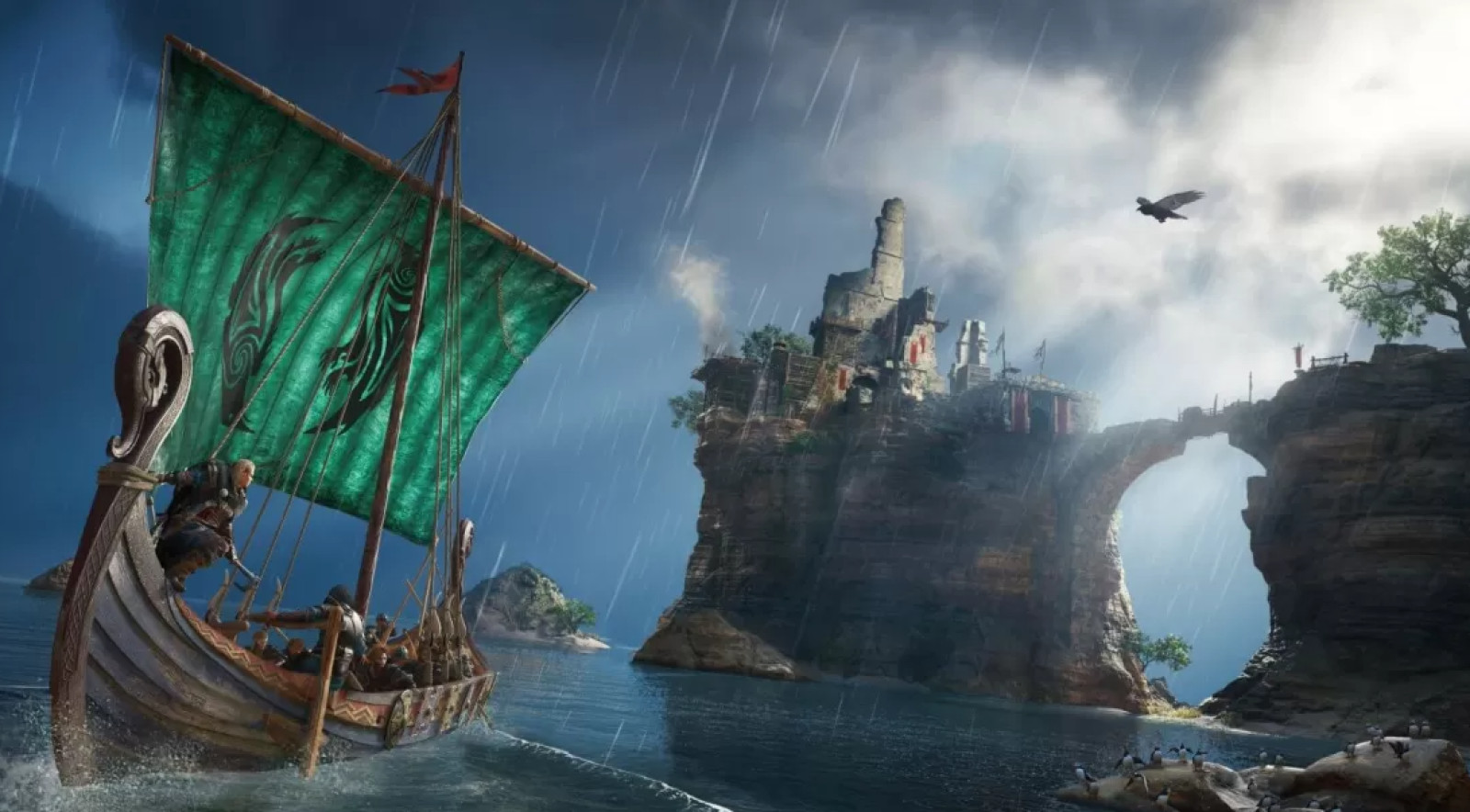Gamers aren’t finishing games, and that’s a problem

Photo: Ubisoft

Every segment in the games market is facing challenges. While some experts remain optimistic about gaming’s growth pace returning in the near future, the truth is that many arguments for this never-ending growth are shaky.
Emerging markets and new game-loving generations will indeed provide some future growth, as will the launches of Grand Theft Auto VI and the Switch successor.
But let’s be realistic: periodic boosts like these do not change the reality that the speed of gaming’s growth train has mostly stabilised.
Engagement and revenues in the games market are essentially a zero-sum game, and – unless something significant and unforeseen happens (again) – the days of double-digit growth are gone.
Publishers are waking up to these growth challenges, mobilising many to:
- Focus on efficiency and cutting costs
- Be more realistic about segments like esports, which are marketing expenses for building fandom (not a revenue growth vector like some publishers were led to believe)
- Step away from more fickle trends like blockchain, the metaverse, and web3, towards tech with actual use cases (e.g., generative AI for streamlining development)
While firing swathes of employees is one way to balance the books, this uproots people’s lives, pushes talent away from the industry, and destroys institutional knowledge that makes companies like Nintendo and FromSoftware so extraordinary.
New AAA games can take over five years to develop, with budgets in the hundreds of millions. Luckily, there’s another way for AAA publishers across console and PC to be more efficient without unproven tech: cutting down on the bloat.
The majority of players never finish the biggest RPGs
Most of the consumers who play the biggest multiplatform RPGs – like Diablo IV, Assassin’s Creed Valhalla, and Baldur’s Gate 3 (BG3) – never finished the main stories.
Featured Report
Cultural movements A new take on mainstream for the fragmentation era
Entertainment has become nichified, mainstream has become smaller, and audiences have fragmented. While this has been crucial to the rise of the long tail and the creator economy, there is a need for a...
Find out more…Trophy and achievement data (accessible on the frontend of Steam, PlayStation, and Xbox) shows this clearly:
Plenty of players happily get their gaming fix from sidequests and exploring game worlds, but enjoying the main story takes precedence for many, as shown by the data and analysis in our new report on the topic.
Several factors can impact a player’s decision to not complete or churn from a game:
- Stories can bore some players
- Difficulty is an issue for others
- Or perhaps another game came along that was simply more engaging
Still, the completion data suggests that a major reason for the low completion rates is the sheer amount of time games take to complete these days:
- Just 15% to 17% of players who started the 61-hour-long Assassins' Creed Valhalla campaign finished it. The title is known among players and critics for being bloated
- 15% to 22% finished BG3's 68-hour campaign, but most critics agree that the game’s content – including the side quests, often filler in other games – is curated, thoughtful, and a unique value proposition. It is the exception that proves the rule
- Diablo IV, in which the story takes around 26 hours to complete, was finished by 25% to 52% of those who played it, depending on the platform (the game’s inclusion on Game Pass drives completion rates down)
- Shorter single-player games in other genres, like open-world action game Spider-Man (17 hours) and horror shooter The Last of Us (16 hours), have completion rates of around 50%
The point of diminishing returns for overly long games
The negative correlation between game length and completion suggests that growing development timelines and budgets fuelling longer games have reached the point of diminishing returns.
If developers cut game lengths for titles like Assassin’s Creed by 20%, would players even notice? Unlikely. And even if they did notice, they might even appreciate it – all while minimising development timelines and budgets.
The issue of players not finishing games goes beyond wasting development time. It is tempting to think that once a consumer has bought a game, developers do not need to worry about how many actually complete it.
However, the finale is the culmination – and often the peak– of the entire experience. Players who miss out on what is often the best part of the game are not reaping the benefits of the product they paid for, negatively impacting their perception of the game’s value and potentially influencing their future purchasing decisions.
Shorter games can even be a marketing bullet point for time-strapped gamers who want a full experience but do not want to slog through 10 hours of filler content.
We dive into just how time-strapped gamers are – and how much gaming time they have – in the full report.
Completion rate is closely linked to a variety of factors such as time, budget, and audience preferences. Games developers should carefully analyse the impact of each of these factors to maximise gamers' lifetime value.
As we argue in our full report on the topic, bigger is not always better, and a full experience does not necessarily mean more icons on the map. And it certainly does not mean wasting player time.

The discussion around this post has not yet got started, be the first to add an opinion.